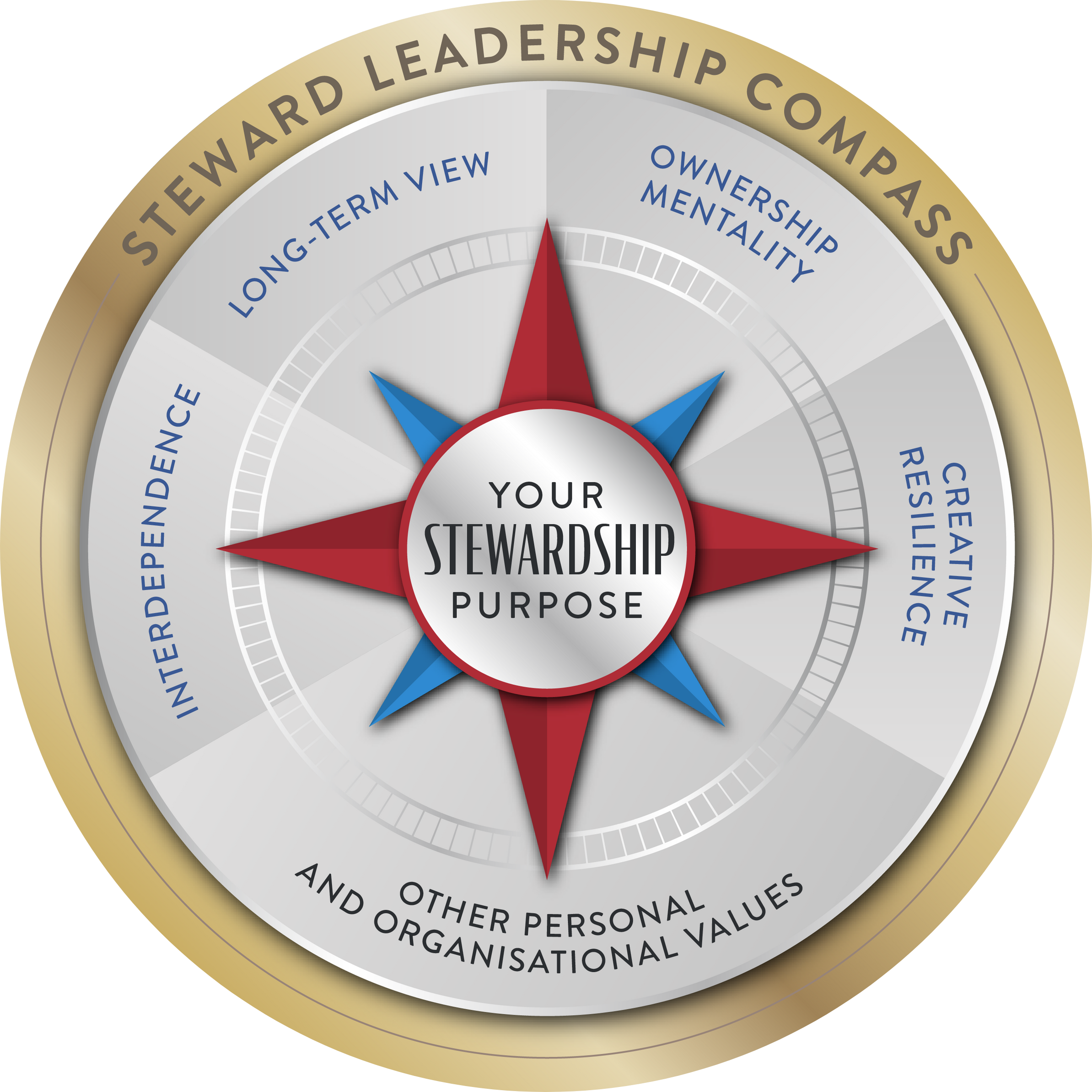 Connect Us
Connect Us

 Jul 06, 2023
Jul 06, 2023
Asia has emerged as a global powerhouse, boasting remarkable market size, diverse demographics, and abundant talent. Analysts predict that by 2030, the region could claim the title of the world’s largest economy based on GDP contribution. However, alongside this economic growth, Asia has also witnessed numerous corporate governance failures, such as the notorious 1MDB scandal in Malaysia involving massive misappropriation of funds. Additionally, the region grapples with severe environmental challenges, with 49 of the top 50 most polluted cities worldwide located in Asia, according to IQAir. Furthermore, social and economic disparities persist, as Asia is home to two-thirds of the world’s poor; 1.7 billion people live on less than $2 per day.
In response to these issues, many countries in the region have intensified their efforts to promote environmental sustainability, social equity, and good governance practices. Governments, organisations, and communities have increasingly embraced environmental frameworks such as the UN Sustainable Development Goals (SDGs), Global Reporting Initiative (GRI), United Nations-supported Principles for Responsible Investment (UNPRI), Sustainability Accounting Standards Board (SASB), and Environmental, Social, and Governance (ESG) initiatives. These frameworks prioritise addressing climate change, protecting ecosystems, and fostering sustainable development. Simultaneously, the public discourse has placed a greater focus on social inequalities, demanding equal opportunities, fair treatment, and inclusivity for all individuals. Furthermore, most countries have implemented corporate governance reforms since the 2008 financial crisis. Despite these positive advancements, ESG failures persist and are even rising.
Why do some boards fail?
Board directors often find themselves in the spotlight when corporate failures occur, or evidence of corporate apathy towards ESG emerges. They face significant scrutiny and criticism when organisations exhibit inappropriate behaviour driven by profit-seeking greed or indifference toward their environmental and societal impact.
As the senior-most leadership team in a company, boards shoulder a significant portion of the blame for such inappropriate corporate behaviour. They play a crucial role in setting strategic direction, overseeing management, and ensuring the organisation meets its environmental and social responsibilities.
So, why do boards fall short in their duties on the environment and social responsibility front? Sometimes, directly or indirectly, resulting in disastrous outcomes. For instance, some industry commentators link the 2018 collapse of the Xe Pian-Xe Namnoy dam in Laos, which caused a devastating flood and displaced thousands of people while inflicting significant environmental damage, to board negligence. They also hold sourcing company boards at least part-responsible for the collapse of the Rana Plaza garment factory in Bangladesh in 2013, which resulted in the deaths of over 1,100 workers.
More often than not, it is not because board directors lack the desire to make a difference. Instead, they are constrained by a narrow focus of sustainability and a compliance-centric mindset, bound by their interpretation of fiduciary duties to shareholders. As a result, regrettably, some boards prioritise short-term financial gains over long-term environment and societal well-being.
It is all about board priorities
The rising focus on capitalism that benefits both shareholders and stakeholders has led many organisations to set long-term ESG goals, and these efforts should be commended. However, boards spend an increasingly disproportionate amount of time ensuring regulatory compliance, metric measurement and reporting, asset allocation, and devising financial incentives to meet these goals. They often overlook intrinsic drivers such as corporate values and attitudes. These make up the organisation’s corporate culture, which is a valuable asset, a source of competitive advantage, and vital to creating and protecting long-term value. The board’s responsibility is to identify the organisation’s purpose and make sure that it is reflected in the company’s values, strategy, and business model.
Why steward leadership?
Progressive Boards exhibit a mind-set focused on stewardship rather than compliance and key performance indicators (KPIs). Such boards lead the way in creating long-term sustainable entities that generate value for all stakeholders, not just shareholders.
Research from the Stewardship Asia Centre (SAC) demonstrates that when organisations and leaders embrace stewardship values and exhibit steward leadership, they foster collective long-term benefits for all stakeholders. The Centre defines steward leadership as a genuine desire and persistence to create a better collective future. Steward leadership manifests through the “Steward Leadership Compass,” encompassing stewardship purpose and values of interdependence, a long-term view, ownership mentality, and creative resilience (see figure). Steward leaders integrate these four essential values with their corporate values and beliefs. They further embrace a “stewardship purpose,” which transcends individual and self-centric needs, driving their existence.

Taking a Holistic Approach
Unilever, a global consumer goods company, exemplifies this steward leadership approach. It shifted its mindset to embrace stewardship to enable long-term growth as an integral part of its business strategy through the Unilever Sustainable Living Plan. By adopting a holistic approach through stewardship, Unilever has achieved sustainability goals such as reducing greenhouse gas emissions, promoting responsible sourcing, and improving the livelihoods of smallholder farmers. Another notable example is the Tata Group in India, which is dedicated to making a positive social impact by prioritizing public good. The Tata Trusts, which holds 66% equity in Tata Sons, the multi-billion-dollar group’s holding company, directs dividends toward philanthropic initiatives centred on education, health, livelihood generation, and art and culture. The success of the company is underpinned by a strong belief in interdependence, long-term view, ownership mentality and creative resilience.
Choosing the path of steward leadership is arduous and has its challenges. However, boards and management teams that possess the courage to take this path and the resilience to navigate obstacles can make a real difference. For instance, Neste, a European oil-refining firm founded in 1948, decided in 2009 to shift its focus from crude oil to clean energy. The company renewed its purpose to “creating responsible choices every day” and designed a seven-year transition journey despite resistance from employees, customers, and investors. By 2015, Neste had become the world’s largest producer of renewable fuels derived from waste and residues, with its operating profits from renewables surpassing those of its oil-products business in 2016.
The evolving landscape of ESG demands a paradigm shift in boardroom thinking. Boards that embrace steward leadership as a strategic imperative to achieve sustainability are better positioned to mitigate risks, capitalise on opportunities, and create long-term value. Adopting this mindset may serve as a starting point, reflecting a genuine desire to create a better world for all.
Quote:
The board’s responsibility is to identify the organisation’s purpose and make sure that it is reflected in the company’s values, strategy, and business model.

He is a thought leader with 25 years of advisory, consulting, and research experience across global organisations. He currently leads SAC’s pan-Asia research and engagement efforts at the intersection of leadership and sustainability. Prior to joining SAC, Sunil led APAC Research at the Center for Creative Leadership (CCL). And before that, he was the Head of Research & Insights at Human Capital Leadership Institute (HCLI) in Singapore. Sunil has authored several research studies and contributed opinion pieces in Economic Times, The Business Times and Harvard Business Review. He is an alumnus of the Indian Institute of Technology, Delhi, and the Indian Institute of Management, Ahmedabad.
Owned by: Institute of Directors, India
Disclaimer: The opinions expressed in the articles/ stories are the personal opinions of the author. IOD/ Editor is not responsible for the accuracy, completeness, suitability, or validity of any information in those articles. The information, facts or opinions expressed in the articles/ speeches do not reflect the views of IOD/ Editor and IOD/ Editor does not assume any responsibility or liability for the same.
About Publisher

Bringing a Silent Revolution through the Boardroom
Institute of Directors (IOD) is an apex national association of Corporate Directors under the India's 'Societies Registration Act XXI of 1860'. Currently it is associated with over 30,000 senior executives from Govt, PSU and Private organizations of India and abroad.
View All BlogsMasterclass for Directors
Categories